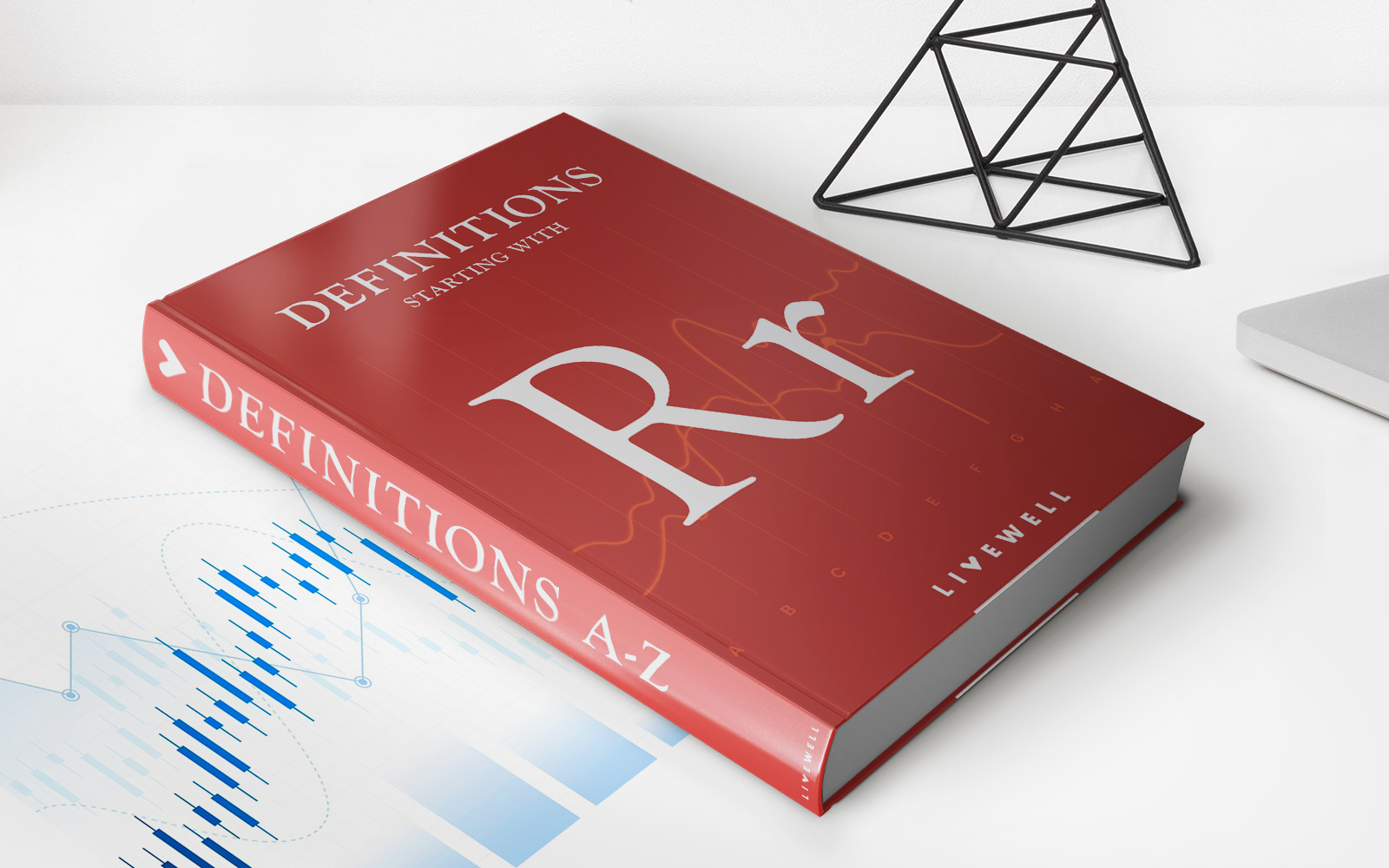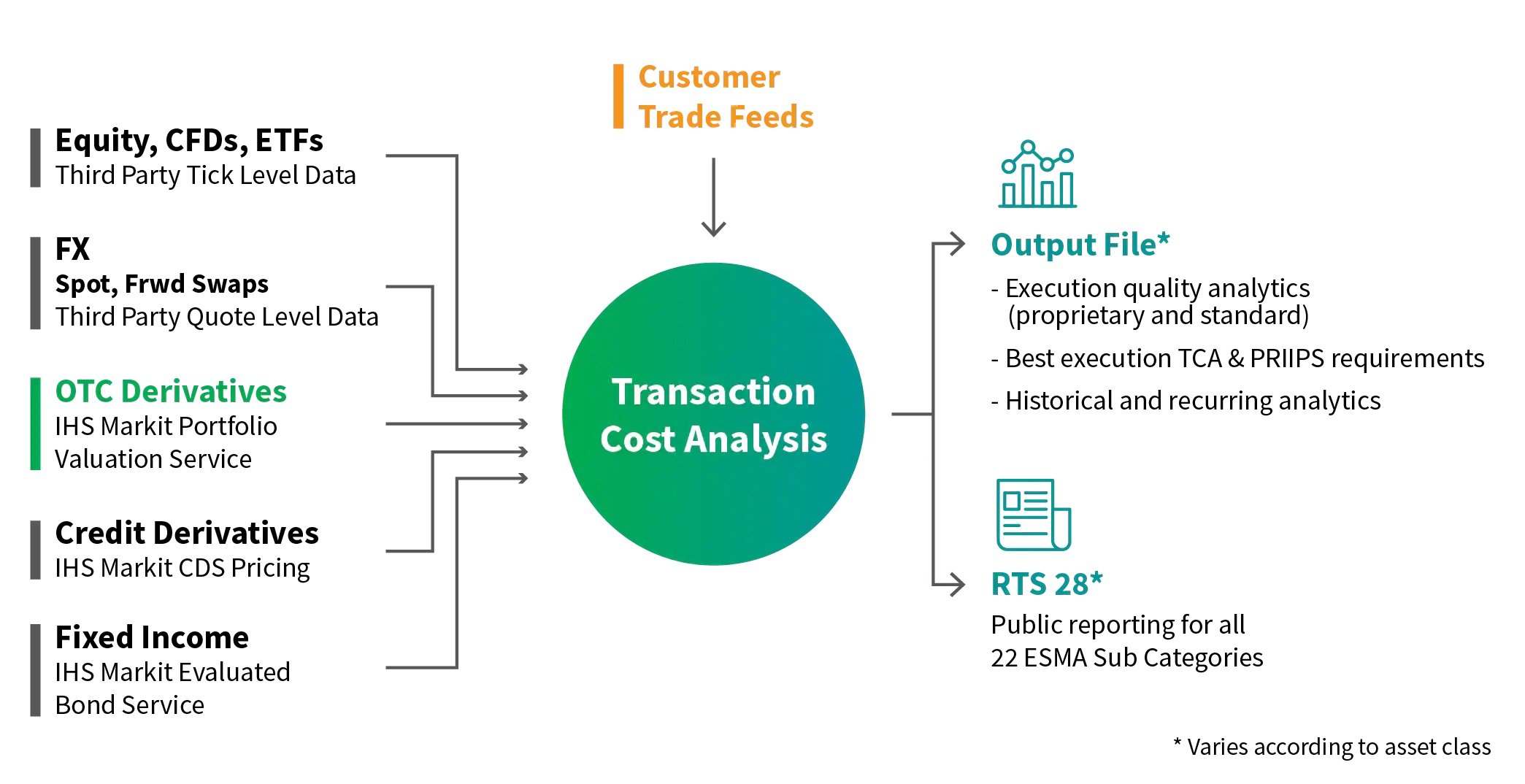Home>Finance>Subjective Theory Of Value: Definition, History, Examples


Finance
Subjective Theory Of Value: Definition, History, Examples
Published: February 3, 2024
Learn about the subjective theory of value in finance, its definition, history, and examples. Explore how it influences economic decision-making and market prices.
(Many of the links in this article redirect to a specific reviewed product. Your purchase of these products through affiliate links helps to generate commission for LiveWell, at no extra cost. Learn more)
Understanding the Subjective Theory of Value in Finance
Welcome to the exciting world of finance! In this article, we will explore the fascinating concept of the Subjective Theory of Value. So, what exactly is the Subjective Theory of Value? And how does it relate to finance? Let’s dive in and find out!
Key Takeaways
- The Subjective Theory of Value asserts that the value of a good or service is not inherent in the good itself, but rather, it is subjective and depends on the individual’s perception of its worth.
- Value is not determined by the objective characteristics of the good, but rather by the preferences, desires, and needs of the individuals who are valuing it.
Definition
The Subjective Theory of Value, also known as the Austrian Theory of Value, is a theory that asserts that the value of a good or service is not inherent in the good itself, but rather, it is subjective and depends on the individual’s perception of its worth. In other words, value is not determined by the objective characteristics of the good, but rather by the preferences, desires, and needs of the individuals who are valuing it.
Simply put, the Subjective Theory of Value states that the value of something is determined by how much someone is willing to pay for it, rather than any inherent or objective value it may possess.
History
The Subjective Theory of Value has its roots in the works of 19th-century economists Carl Menger, William Stanley Jevons, and Léon Walras. These economists challenged the prevailing classical economic theory, which was based on the labor theory of value that argued that value was determined by the amount of labor required to produce a good or service.
In contrast, Menger, Jevons, and Walras proposed that value is a subjective phenomenon and is determined by the utility, scarcity, and demand for a good or service. They argued that individuals have different preferences and needs, and hence, they attach different values to the same goods or services.
The Subjective Theory of Value gained further prominence in the works of Austrian economists such as Eugen von Böhm-Bawerk, Friedrich Hayek, and Ludwig von Mises. These economists elaborated on the subjectivity of value and its implications for economic theory and policy.
Examples
To better understand the Subjective Theory of Value, let’s look at a few examples:
- Diamonds: Diamonds are a classic example of a good whose value is largely subjective. While diamonds have certain objective characteristics like hardness and clarity, their high value is primarily due to the perception of their rarity and the cultural significance attached to them.
- Artwork: Artworks, such as paintings or sculptures, can have vastly different values depending on the perception and preferences of collectors, investors, and art enthusiasts. The subjective value of these artworks is often influenced by factors like the reputation of the artist, the historical importance, and the emotional impact of the piece.
So, the next time you’re evaluating the value of something in the world of finance, remember that its worth is not determined by its objective features alone. It is the subjective perceptions and preferences of individuals that ultimately shape its value. Happy valuing!














